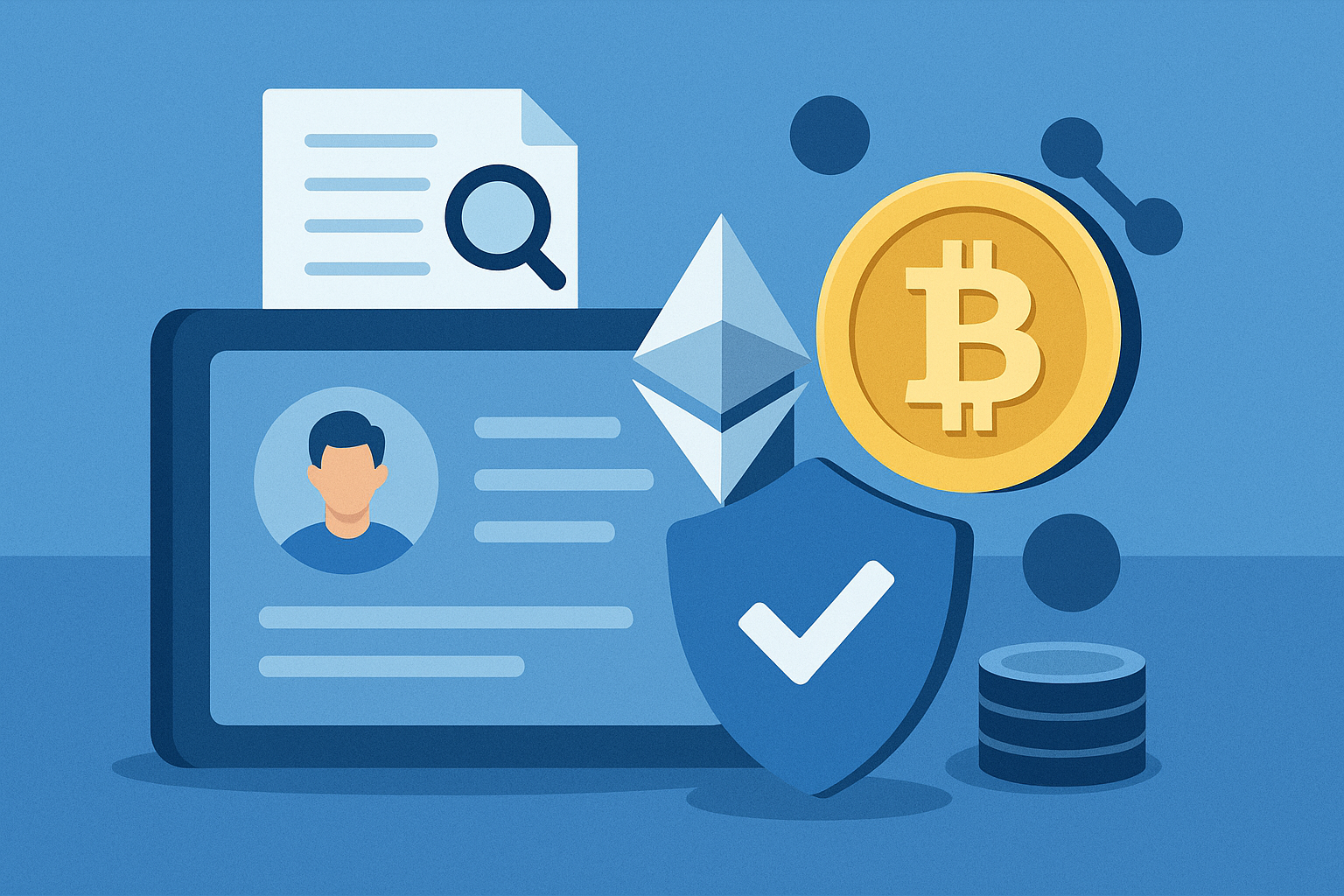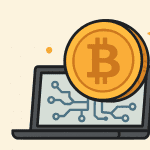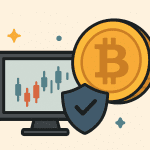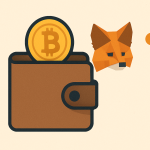If you’re new to cryptocurrency, you might have seen the term KYC when signing up for an exchange. It can sound confusing, but don’t worry — it’s actually quite simple.
In this beginner-friendly guide, we’ll explain what KYC in crypto means, why it’s important, and how it affects your ability to buy and sell crypto.
Contents
- 1 What Does KYC Mean?
- 2 Why Is KYC Important?
- 3 How Does KYC Work on Crypto Exchanges?
- 4 Do All Exchanges Require KYC?
- 5 Pros of KYC in Crypto
- 6 Cons of KYC in Crypto
- 7 Should Beginners Use KYC Exchanges?
- 8 How to Stay Safe During KYC
- 9 What Happens If You Don’t Do KYC?
- 10 The Future of KYC in Crypto
- 11 Conclusion
What Does KYC Mean?
KYC stands for “Know Your Customer.” It’s a process where crypto exchanges ask you to verify your identity. This usually includes:
-
Providing your full name
-
Uploading a government-issued ID (like a passport or driver’s license)
-
Taking a selfie or live photo for face verification
-
Giving your address and date of birth
The goal of KYC is to make sure you are who you say you are.
Why Is KYC Important?
KYC is required by law in many countries. It helps prevent:
-
Money laundering
-
Terrorism financing
-
Fraud and identity theft
By verifying users, crypto platforms can stay legal and create a safer space for everyone.
How Does KYC Work on Crypto Exchanges?
Most centralized exchanges (CEX) — like Coinbase, Binance, and Kraken — ask for KYC before you can use their services fully. The steps are usually:
-
Create an account
-
Submit your ID and personal information
-
Wait for verification (usually minutes to a few hours)
Once you complete KYC, you can deposit funds, trade, and withdraw crypto.
Do All Exchanges Require KYC?
No, not all platforms require KYC. Some decentralized exchanges (DEX), like Uniswap or PancakeSwap, let you trade directly from your wallet without an account or identity check.
However, DEXs are often more complex and may not be beginner-friendly. Also, many governments are working to apply KYC rules to more platforms in the future.
Pros of KYC in Crypto
✅ More security: Verified users mean fewer scams and fake accounts.
✅ Higher limits: KYC users often get higher withdrawal and trading limits.
✅ Better customer support: If you get locked out of your account, identity verification can help recover access.
✅ Legal protection: Platforms with KYC are more likely to follow local laws and be trustworthy.
Cons of KYC in Crypto
❌ Less privacy: You must share personal information.
❌ Not instant: KYC can take time to complete.
❌ Not available everywhere: Some people in certain countries may be blocked if their ID is not accepted.
❌ Risk of data leaks: If the platform is hacked, your personal data could be exposed.
Should Beginners Use KYC Exchanges?
Yes — for most beginners, using a KYC-compliant exchange is the best choice. It’s:
-
Easier to use
-
Safer
-
Fully legal in most regions
While DEXs offer privacy, they can be hard to understand and risky for new users.
How to Stay Safe During KYC
Here are a few tips to protect your personal information:
-
Use trusted exchanges only (like Coinbase, Binance, Kraken).
-
Enable 2FA (two-factor authentication) for better account security.
-
Don’t share your login info with anyone.
-
Avoid phishing sites — always double-check the exchange’s URL.
What Happens If You Don’t Do KYC?
If you don’t complete KYC, many exchanges will:
-
Block you from trading
-
Limit how much you can deposit or withdraw
-
Disable your account until verification is complete
Some platforms let you browse without KYC, but you’ll need to verify to actually use most features.
The Future of KYC in Crypto
As cryptocurrency becomes more popular, governments are making stronger rules. KYC is likely to become a standard requirement on most platforms, just like in traditional banking.
Many exchanges are also working on faster and safer KYC systems, including AI-based verification and privacy-focused ID tools.
Conclusion
KYC may seem annoying at first, but it plays a big role in making crypto safer and more trusted. It helps stop bad actors and builds confidence in the system.
If you’re just starting your crypto journey, using a platform with KYC is a smart and safe choice. Complete your verification, protect your data, and enjoy trading with peace of mind.




